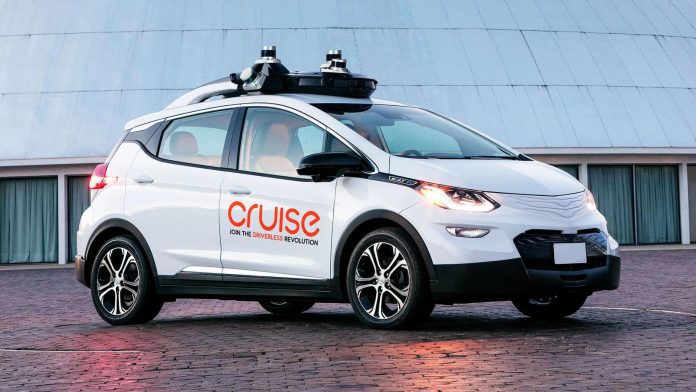Cruise robotaxi, a division of General Motors, announced on August 3rd that it had signed the first labor union agreement in the autonomous vehicle industry. This marked a significant turning point, given the long-lasting hostility between unions and robotaxi firms.
The company is working with two local San Francisco union chapters, the International Brotherhood of Electrical Employees Local 6 and Service Employees International Union Local 87, representing electrical employees and janitors.
The agreement will employ “dozens” of workers who will build and staff Cruise’s car-charging facilities.
“Cruise is giving our members new job prospects and giving our apprentices excellent on-the-job training,” said John Doherty, business manager of IBEW Local 6.
Since growing automation has enabled businesses to employ fewer people, unions have always viewed technology cautiously. Concerned about potential job losses brought on by the switch to electric vehicles, the United Auto Workers union in the auto industry has prioritized job security in ongoing contract negotiations with the Detroit Three manufacturers, including GM.
However, despite opposition from San Francisco municipal officials who point to an increase in robotaxi accidents, Cruise and Waymo are attempting to offer their services to paying consumers throughout the city. The city’s data analysis has been called into doubt, and the Public Utilities Commission of California, which is in charge of robotaxi regulation, has set a vote on its own draft plan to permit the robotaxis to continue extensive testing on city streets on August 10.
A top auto safety official revealed on August 3 that U.S. regulators last month stated they will soon make a decision on a February 2022 petition filed by Cruise asking for approval to deploy up to 2,500 autonomous vehicles yearly without human controls like a steering wheel.




